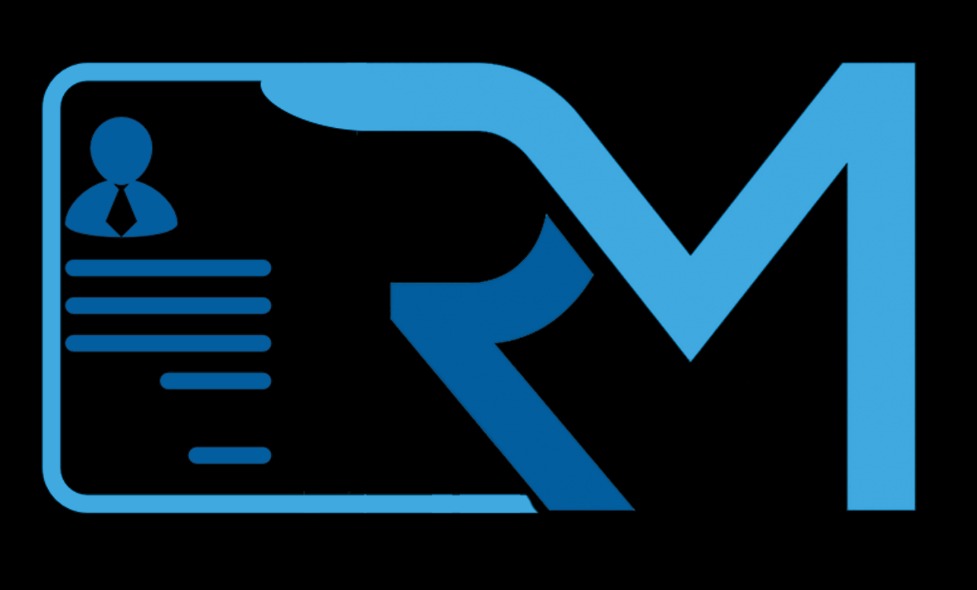In today’s competitive job market, effectively showcasing your skills and experience is crucial for career growth. Whether you are looking for a promotion, switching careers, or seeking a new job, how you present yourself on your resume, LinkedIn profile, and during interviews can make a significant impact.
Here’s a comprehensive guide on how to highlight your skills and experience to advance your career.
1. Identify Your Core Skills
Before you can showcase your skills, you need to identify them. There are two types of skills employers look for:
- Hard Skills: These are job-specific, technical skills such as data analysis, programming, financial modeling, or project management.
- Soft Skills: These include leadership, communication, problem-solving, teamwork, and adaptability.
Make a list of your strongest skills and align them with your career goals.
2. Customize Your Resume and Cover Letter
Your resume is the first thing recruiters see, so it should highlight your skills and accomplishments effectively.
- Use a professional summary at the top of your resume to briefly showcase your key strengths and experience.
- Use bullet points to describe your previous roles, focusing on achievements rather than job duties. For example, instead of saying “Managed a sales team,” say “Led a team of 10 sales professionals, increasing revenue by 30% within a year.”
- Incorporate keywords from job descriptions to pass Applicant Tracking Systems (ATS).
Your cover letter should complement your resume by elaborating on how your skills and experiences make you the perfect candidate for the job.
3. Leverage LinkedIn and Online Presence
Having an optimized LinkedIn profile can significantly boost your career opportunities.
- Use a professional headline that highlights your expertise. For example, instead of just “Marketing Manager,” write “Results-Driven Marketing Manager | Digital Strategy & Brand Growth Expert.”
- Write a compelling About section summarizing your experience, skills, and career goals.
- List your key skills in the designated section and ask colleagues or supervisors for endorsements and recommendations.
- Share insights, articles, or achievements to position yourself as a thought leader in your industry.
If applicable, consider creating a personal website or portfolio to showcase your work.
4. Showcasing Your Skills in Interviews
During interviews, you have the opportunity to highlight your skills through storytelling.
- Use the STAR method (Situation, Task, Action, Result) to structure your responses when discussing past experiences.
- Highlight transferable skills if you’re switching industries. For example, if you’re moving from sales to marketing, emphasize skills like communication, negotiation, and relationship management.
- Demonstrate continuous learning by discussing courses, certifications, or workshops you’ve attended.
5. Continuous Learning and Skill Development
To stay competitive in your field, keep enhancing your skills through:
- Online Courses & Certifications: Platforms like Coursera, Udemy, and LinkedIn Learning offer valuable training.
- Workshops & Seminars: Attending industry events helps you gain insights and network with professionals.
- Professional Associations: Joining relevant organizations keeps you updated on industry trends.
Mentioning continuous learning in your resume and interviews shows initiative and a growth mindset.
6. Network and Seek Mentorship
Building a strong professional network is key to career advancement.
- Attend industry conferences, webinars, and networking events.
- Connect with professionals on LinkedIn and engage in meaningful conversations.
- Seek mentorship from senior professionals who can guide you in your career growth.
A strong network can open doors to new opportunities and career advancements.
7. Demonstrate Leadership and Initiative
Even if you’re not in a managerial role, you can show leadership by:
- Volunteering for new projects or cross-functional teams.
- Mentoring junior employees or interns.
- Suggesting and implementing process improvements in your workplace.
Highlighting these initiatives on your resume and in interviews positions you as a proactive and valuable employee.
Conclusion
Advancing in your career requires more than just experience—it requires strategic positioning of your skills and accomplishments. By optimizing your resume, strengthening your online presence, networking effectively, and continuously improving your skills, you can increase your chances of career growth.
If you need help crafting a resume that truly highlights your strengths, consider working with a professional resume writing service. Investing in enhancing your skills today can lead to exciting career opportunities in the future!
